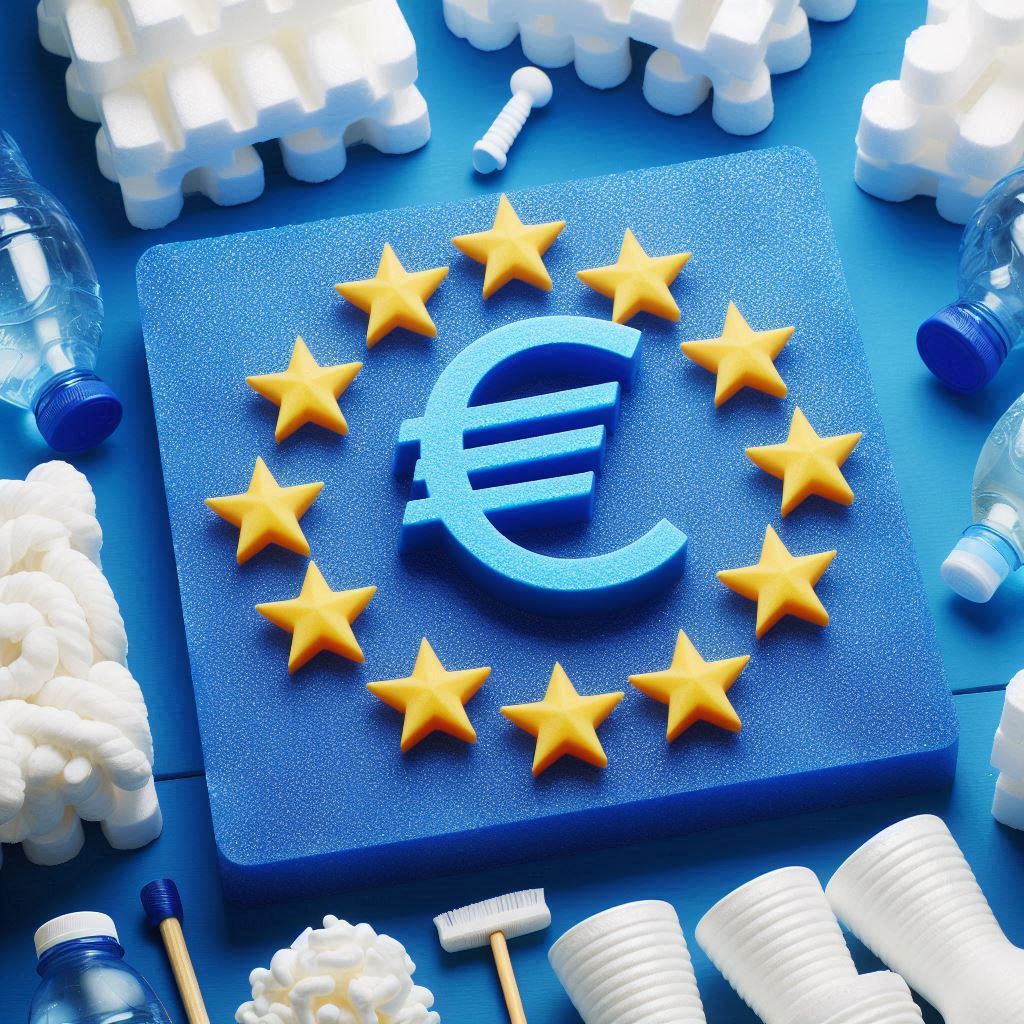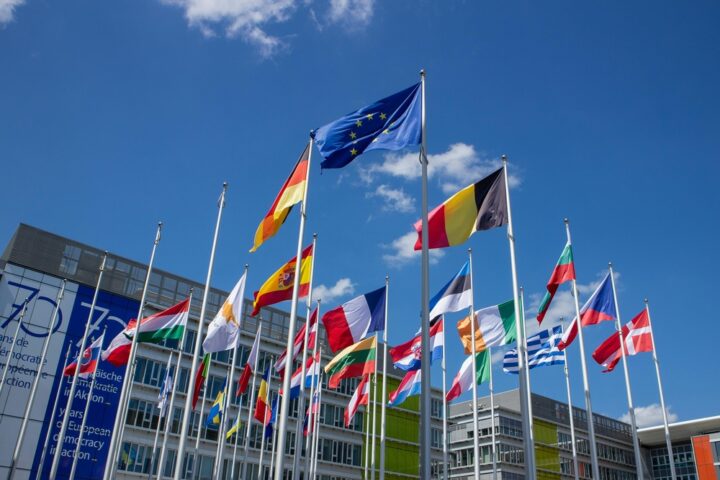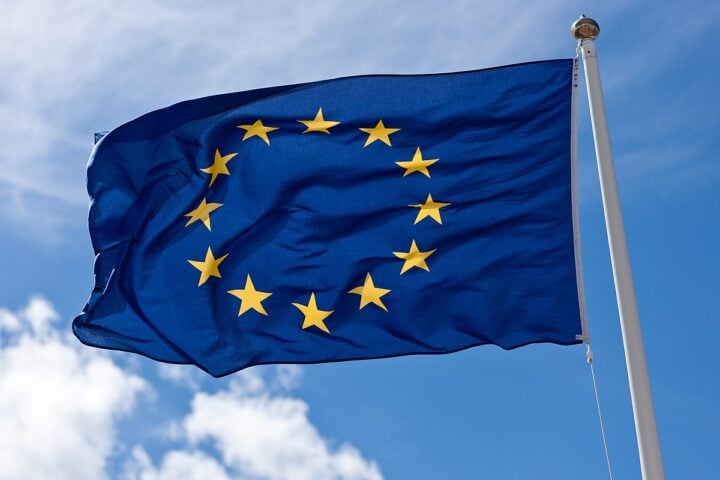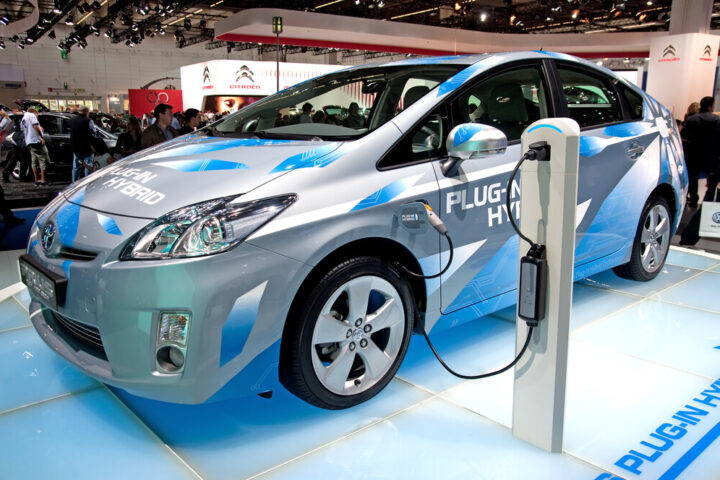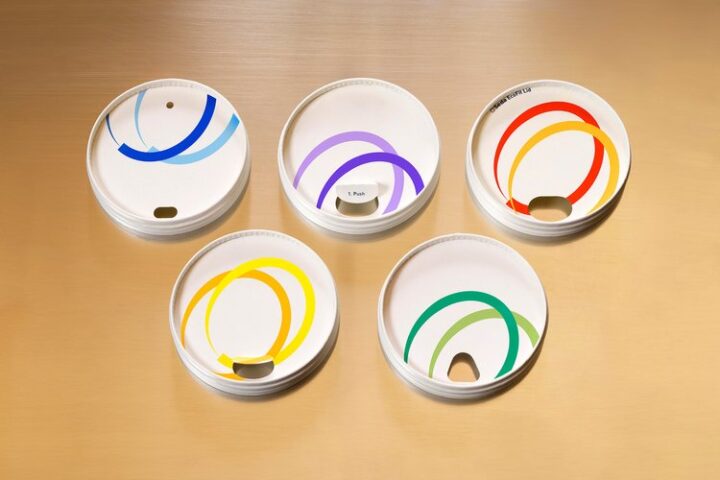The French Ministry of Ecological Transition is postponing the implementation of the planned January 2025 ban on non-recyclable packaging made wholly or partly of polystyrene (PS), as set out in the 2021 Climate and Resilience Law, to align with the future European regulations on eco-design of packaging expected to apply from 2030.
This notice explains that the draft European regulation on packaging and packaging waste should come into force by early 2025. The provisional political agreement announced on March 4 between the European Council and Parliament still needs to be definitively approved by the co-legislators. The European draft prohibits certain plastic packaging (such as polystyrene chips, but not molded blocks) from 2030 and sets recyclability criteria for packaging.
The text therefore explains that, to implement the ban provided for in the Climate and Resilience Law, the French Government will rely on non-compliance with three of the five criteria set out in the European Commission’s draft to define recyclable packaging: packaging designed for recycling; packaging that is collected separately efficiently and effectively; and packaging that can be extracted from a waste stream without affecting the recyclability of other waste in the stream. In addition, future regulations provide that the recyclability assessment will be based on design-for-recycling criteria and a methodology defined by European Commission delegated acts.
At the time, the Deputy Minister for Territorial Communities and Rural Affairs considered respecting the parallel form. She explained that a new legislative provision would have to be adopted to ratify this postponement.
Zero Waste France then described this announcement as “unacceptable,” lamenting that “the Government wants to sell our health five years more to chase ever more the mirage of technological innovations that do not exist.” In contrast, this postponement is a breath of fresh air for PS packaging producers, as Bernard Pillefer explained, the work launched in 2022 “has not yet made it possible to achieve the recyclability of all these packaging by the deadline set by law.”
Similar Posts
Article 23 of Law No. 2021-1104 of August 22, 2021 , on combating climate change and strengthening resilience to its effects prohibits “from January 1, 2025, packaging made wholly or partly of non-recyclable styrene polymers or copolymers and unable to be integrated into a recycling channel.” This is now causing many difficulties for plastic packaging manufacturers, as evidenced by the closure of five French production sites.
When questioned in the Senate on June 4, 2024, during an oral question session, about a possible postponement of the ban on non-recyclable polymers, Ms. Dominique Faure, Deputy Minister in charge of Territorial Communities and Rural Affairs, stated that it was necessary “to postpone the ban from 2025 to 2030, in order to avoid any risk of over-transposition” and that “it will be up to Parliament to amend Article L. 541-15-10 of the Environmental Code.” This clarification is necessary for polystyrene-producing companies, one of which is located in the Haute-Marne department and employs 42 people.
Since then, the Directorate General for Risk Prevention (DGPR) has informed the Senate Committee on Regional Planning and Sustainable Development that the provision amending Article L. 541-15-10 of the Environmental Code would be attached to a bill containing various provisions adapting to European Union law.
On the initiative of a senator, the Government indicated that, since the law and the directive are not yet in force, it seems reasonable to postpone the ban from 2025 to 2030. This postponement aims to avoid any risk of over-transposition and to allow time for plastic resin projects to come to fruition. It will be up to Parliament to amend Article L. 541-15-10 of the Environmental Code.
It is now up to French Parliament to legally endorse this response and amend the article of the Environmental Code. For the record, the Climate and Resilience Law is not the only provision regulating the use of polystyrene, as the AGEC law has prohibited since January 1, 2021, the provision of expanded polystyrene (EPS) containers or receptacles for on-site or nomadic consumption as well as expanded polystyrene bottles for beverages.
In addition, a bill aimed at combating plastics that are dangerous for the environment and health has tried to ban the use of extruded polystyrene (XPS) boxes in fast food to put an end to the circumvention of the AGEC law. To date, this bill has remained a dead letter.
